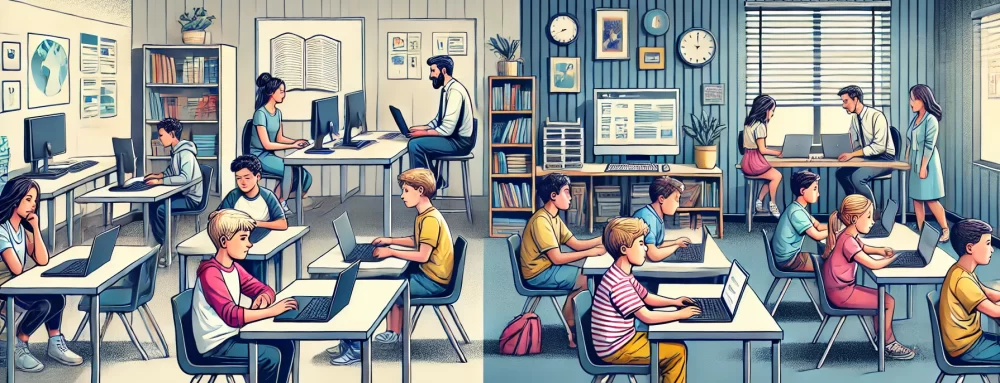Wages Quizzes
Understanding wages and how they are calculated is essential for financial literacy and preparation for the workforce. Online Wages Quizzes offer an interactive and practical way for students to develop these critical skills. Here’s why students should consider taking these quizzes:
- Real-World Relevance: Wages quizzes simulate scenarios encountered in the workplace, providing students with practical experience in calculating earnings, deductions, gross pay, and net pay. By engaging with these quizzes, students gain a deeper understanding of how wages are determined in real-world employment situations, preparing them for future careers and financial independence.
- Mathematical Application: Wages quizzes test students’ proficiency in arithmetic, percentages, and problem-solving, making them valuable tools for reinforcing mathematical concepts in a practical context. Students learn to apply mathematical operations to calculate earnings accurately, strengthening their mathematical skills while simultaneously gaining insight into the practical applications of mathematics in everyday life.
- Financial Literacy: Understanding how wages are calculated is a fundamental aspect of financial literacy. Wages quizzes help students grasp concepts such as hourly rates, overtime pay, deductions for taxes and benefits, and net pay. By mastering these concepts through online quizzes, students develop the financial literacy skills necessary to navigate the complexities of personal finance and employment compensation effectively.
- Preparation for Employment: As students approach adulthood and prepare to enter the workforce, familiarity with wage calculations becomes increasingly important. Wages quizzes equip students with the knowledge and skills needed to navigate employment contracts, understand pay stubs, and advocate for fair compensation. By engaging with these quizzes, students gain confidence in managing their finances and negotiating employment terms, setting them up for success in their future careers.
- Self-Assessment and Improvement: Online wages quizzes offer students the opportunity for self-assessment and improvement. With instant feedback on quiz responses, students can identify areas where they need additional practice and focus their efforts accordingly. This self-directed learning approach promotes autonomy and empowers students to take ownership of their learning journey, leading to continuous improvement and mastery of wage calculation concepts.
- Engaging and Interactive Learning: Wages quizzes are designed to be engaging and interactive, keeping students motivated and focused on learning. Through interactive elements such as multiple-choice questions, calculations, and real-world scenarios, students actively participate in the learning process, enhancing retention and comprehension of wage calculation concepts.
Online Wages Quizzes offer students a practical, interactive, and effective way to learn about wage calculations and develop essential financial literacy skills. By engaging with these quizzes, students strengthen their mathematical proficiency, financial literacy, and preparation for future employment, empowering them to make informed financial decisions and succeed in their academic and professional pursuits. I highly recommend students take advantage of online Wages Quizzes to enhance their understanding of wage calculations and their practical applications in the workforce.
Go to Wages Worksheets
Go to Shopping Math Quizzes
Go to Math Crossword Puzzles
Go to Math Word Searches
Go to Math Worksheets


